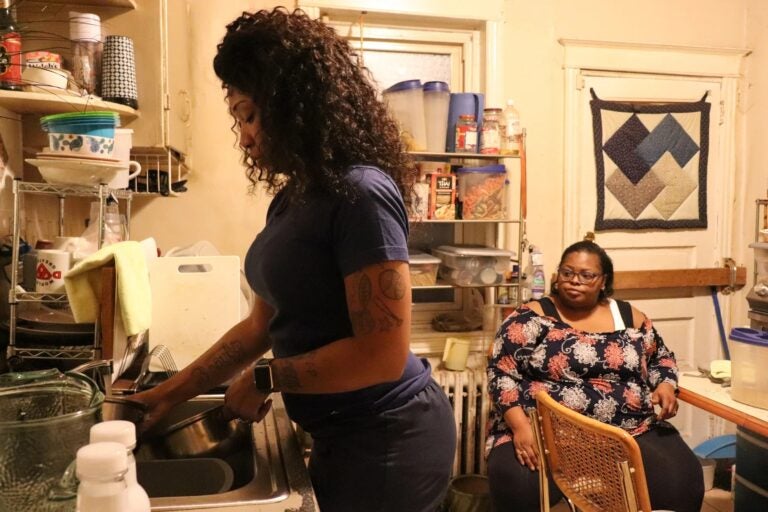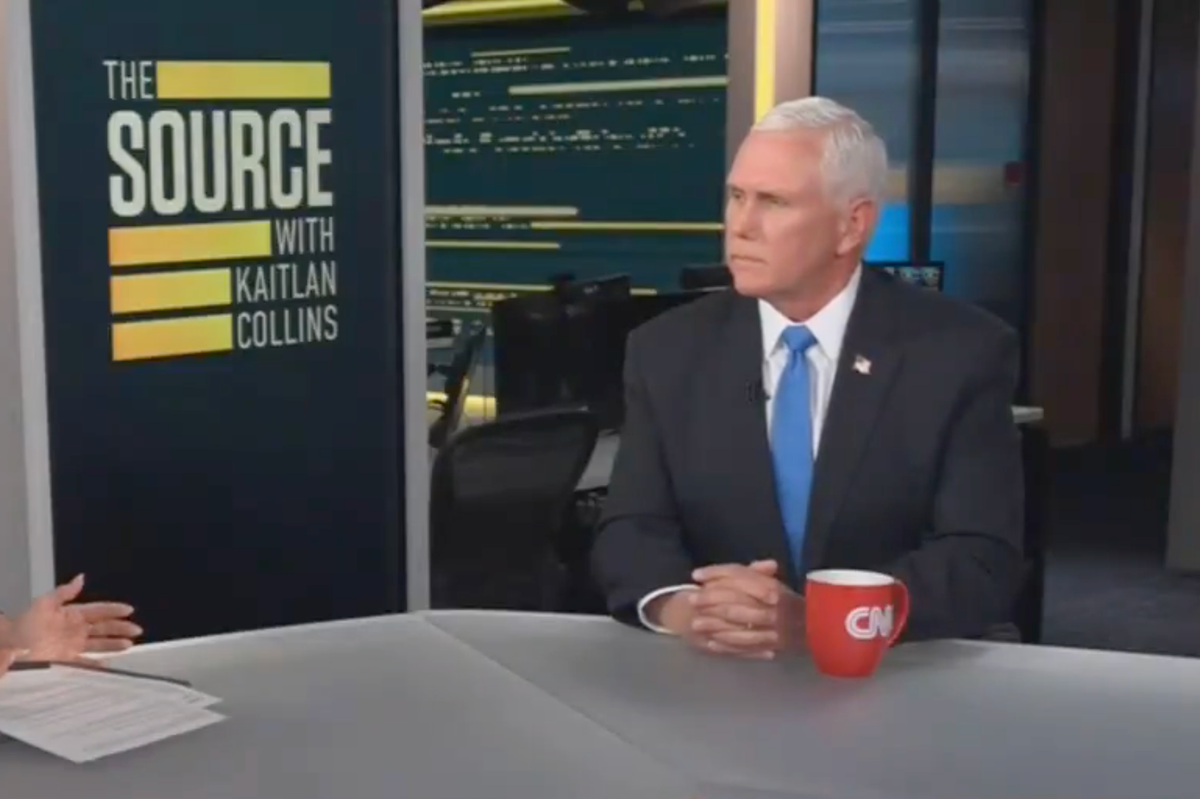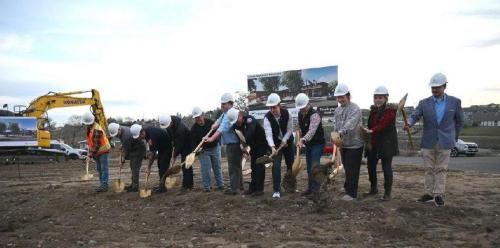
In Pennsylvania, home health care agencies are urgently calling for an additional $370 million in the state budget to avert a potential crisis in care services. These agencies, which provide essential medical assistance and daily personal care to homebound patients, are grappling with a rapidly aging population and a significant shortage of staff. Advocates assert that chronic underfunding and low reimbursement rates from state programs like Medicaid have created a precarious situation that must be addressed.
According to the Pennsylvania Homecare Association, which represents over 700 providers across the state, approximately 400,000 individuals rely on in-home care services. These services include skilled nursing, physical therapy, respite care, and assistance with daily activities such as dressing and hygiene. The increasing demand for these services is compounded by low wages, with the average base pay for a personal assistance agency employee in Pennsylvania standing at just $15.69 per hour in 2023.
Laura Ness, board president of the Pennsylvania Homecare Association, emphasized the urgency of the situation. “The need is so substantial because it’s been decades of chronic underfunding,” she noted. “But now, we have to start to really dig ourselves out of this hole.”
As budget negotiations continue in Harrisburg, the Democratic-controlled House of Representatives passed a budget bill in July, while discussions with the Republican-controlled Senate are ongoing. The official deadline for a new fiscal year budget was June 30, and the delays have sparked concern among service providers.
The funding request of $370 million represents a 10% increase in reimbursement rates for personal assistance services. Advocates argue that this investment is necessary not only to attract and retain workers but also to ensure that families have access to the care they need. “If home care shifts continue to go unfilled and staffing shortages escalate, the demand on the industry will become too great,” Ness warned.
The impact of these staffing shortages is significant. The Pennsylvania Homecare Association estimates that more than 112,500 home care shifts go unfilled each month. This shortage forces families to consider alternatives, such as nursing homes, which are often more expensive. “That could mean that they go into a higher-cost setting like a nursing home earlier than they need to,” Ness explained.
The reimbursement rates set by Medicaid for home care services have not been adjusted in over a decade, according to a study commissioned by the administration of Governor Josh Shapiro. The study found that stagnant reimbursement fees have hindered the ability of agencies to raise wages or hire additional staff. “The longer a state waits to update a given fee schedule, the larger the eventual increase is going to be,” the report stated.
Despite the financial challenges, Ness highlighted the dedication of many workers who have remained in the field for years. However, with the rising cost of living and limited wages, many are forced to seek better-paying opportunities in neighboring states like New Jersey and New York. “We have folks that really love to do it and have been doing this work for decades,” she said. “But then they’re oftentimes faced with the choice of, ‘I can no longer afford to do this work.’”
In light of these pressing issues, the Pennsylvania Homecare Association is urging lawmakers to prioritize funding for home health care in the upcoming budget discussions. As the state grapples with an aging population and an increasing demand for services, the call for substantial investment in this sector is more crucial than ever. The lack of action could leave many families without adequate support and force them to make difficult decisions regarding their loved ones’ care.






